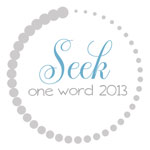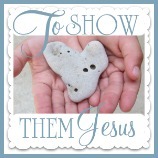Note: This post is a review about the book “Welcome to a Reformed Church” by Daniel Hyde. These comments and opinions are my own. The publishing company provides me with a free copy of this book for completing this review.
Are you a recent member of a Reformed church and not sure that you understand what being Reformed is all about? Do you have friends or family who attend a Reformed church but you have no idea what “Reformed” means? This new book, “Welcome to a Reformed Church” will help to answer many of those questions. The author does an excellent job in summarizing how Reformed churches came to be, what they believe, how they live the Christian life and how they worship. Because Reformed churches are confessional churches, in this book you will learn about all the Reformed creeds and confessions, how they originated and how they shape the beliefs and practices of Reformed churches. Some of these creeds and confessions include: The Apostles’ Creed, Nicene Creed, Belgic Confession, Heidelberg Catechism, Canons of Dordt, and the Westminster Standards. Since Covenant Theology is also central to the Reformed churches understanding of God’s story of the redemption of his people, the author includes a chapter on how covenant theology is integral to the Reformed church. There are many misconceptions about Christianity and especially about what it means to be Reformed. The end of the book provides a list of common questions that people ask along with the author’s answers. I was amazed at how much history and doctrine could be packed into a small book and still be engaging and readable. This is an excellent introduction to the beliefs and practices of reformed churches for anyone who has ever wondered just what they are all about.
“We are not our own; therefore, neither is our own reason or will to rule our acts and counsels. We are not our own; therefore, let us not make it our end to seek what may be agreeable to our carnal nature. We are not our own; therefore, as far as possible, let us forget ourselves and the things that are ours. On the other hand, we are God’s; let us, therefore, live and die to him (Rom. 14:8). We are God’s; therefore, let his wisdom and will preside over all our actions. We are God’s; to him, then, as the only legitimate end, let every part of our life be directed!”John Calvin


































